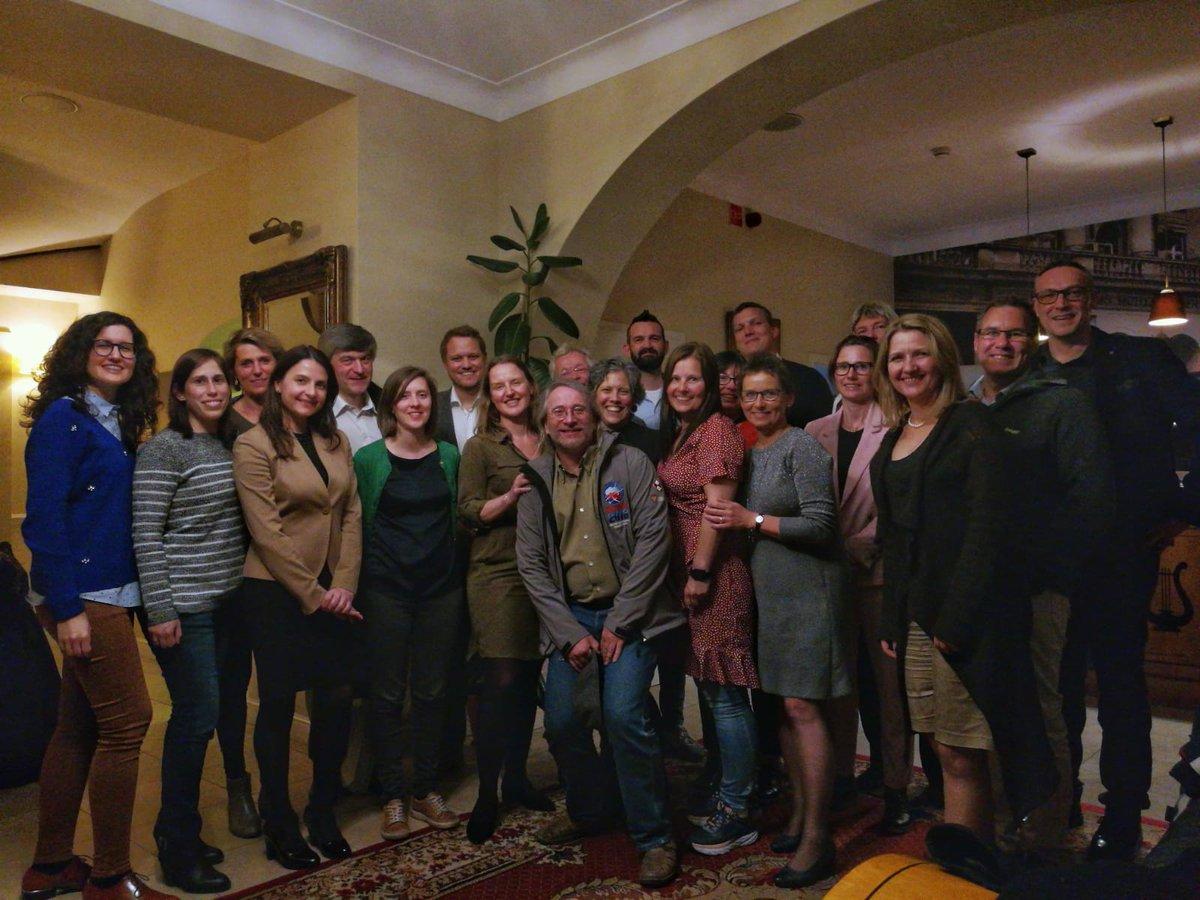
Poznan (PO), 06-08 May 2019
From 6 to 8 May 2019 the BOOST consortium partners gathered in Poznan, Poland, for a 3-day project meeting together with members of the Advisory Board. The meeting was a great occasion to exchange ideas and inputs on the state of the art of the implementation of the project and the, above all, to discuss a possible BOOST approach for an innovative social and emotional learning programme. On the first day, Gloria Azalde and Stine Hellum Braathen, the project coordinators from SINTEF, welcomed all participants and introduced the scope and activities of the three-day event. In particular, Gloria Azalde led the discussion around the process evaluation survey on sustainability, organisational development and teachers’ participation in the implementation of the Boost approach (WP4). The debate moved on then to the psychological implications of the project, with the University of Cordoba presenting the study of the effectiveness of BOOST on mental health and other adjustment measures in children (WP5). A combination of data analysis was illustrated by Olga Gomez to cement the scientific methodology of BOOST, thus concretely validating the future results tested in the pilot schools from September 2019 on.
Day 2, 7 May, was completely devoted to WP2 and the preliminary design of the BOOST approach, highlighting the importance of developing an approach which can be easily adapted to the different needs of children (belonging to different age groups, for example) and school settings in the three countries. Through interactive sessions, the consortium held a lively discussion together with the advisory board members: Mimi Tatlow-Golden, Nils Lundin, Miriam Weijers, Lluís Lalucat, Johannes Theiner. Several ideas were put forward to answer a crucial question: how to ensure that the BOOST approach can be implemented and replicated across Europe? The discussion unfold around a possible service delivery model, and major design-related issues, presented by SINTEF and was concluded by the Poznan University of Physical Education (PL) presentation on the possible pedagogical and theoretical frame of reference of the BOOST approach, with clear references to the work of humanist psychologists such as Carl Rogers, Rollo May and Otto Rank among the others.
On 8 May, the consortium partners met the members of the Advisory Board to focus on possible facilitators and obstacles to local and regional future uptake (WP8) and the way forward in order to involve as many stakeholders as possible and ensure the uptake of the approach locally, regionally and nationally across Europe (Work Package 8). To this extent, a wrap-up of the Communication and Dissemination activities (Work Package 7) was presented by EUREGHA as a tool to clearly advocate for youth mental health in Europe.
The meeting concluded with a close next appointment: Brussels 27th of September. An event to discuss the preliminary results of the BOOST project with key stakeholders of the health and education sector and EU institutions will be held. So, stay tuned and join the BOOST team in Brussels to discover more about our project and share your inputs with us!


